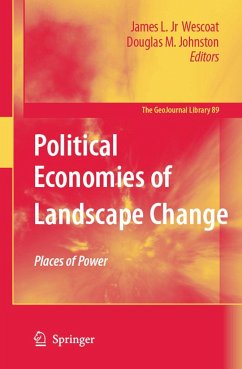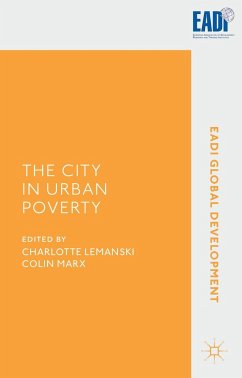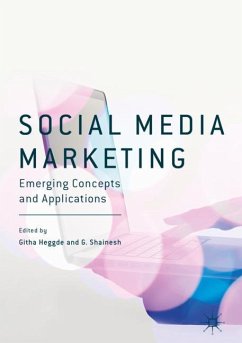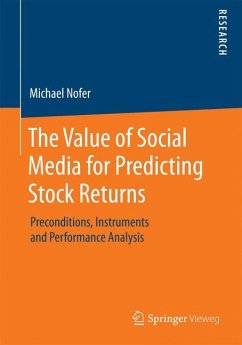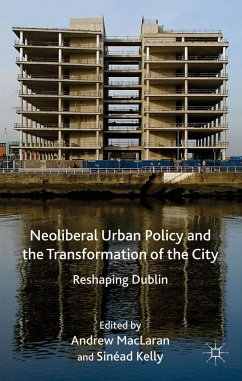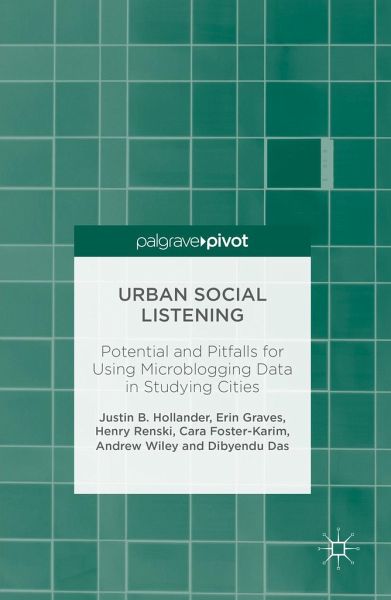
Urban Social Listening
Potential and Pitfalls for Using Microblogging Data in Studying Cities
Versandkostenfrei!
Versandfertig in 6-10 Tagen
38,99 €
inkl. MwSt.
Weitere Ausgaben:

PAYBACK Punkte
19 °P sammeln!
This book analyses new software tools and social media data that can be used to explore the attitudes of people in urban places. It reports on the findings of several research projects that have have experimented with using microblogging data in conjunction with diverse quantitative and qualitative methods, including content analysis and advanced multivariate statistics.Applied researchers, planners and policy makers have only recently begun to explore the potential of Big Data to help understand social attitudes and to potentially inform local policy and development decisions. This book provi...
This book analyses new software tools and social media data that can be used to explore the attitudes of people in urban places. It reports on the findings of several research projects that have have experimented with using microblogging data in conjunction with diverse quantitative and qualitative methods, including content analysis and advanced multivariate statistics.
Applied researchers, planners and policy makers have only recently begun to explore the potential of Big Data to help understand social attitudes and to potentially inform local policy and development decisions. This book provides an original analysis into how Twitter can be used to describe the urban experience and people's perception of place, as well as offering significant implications for public policy. It will be of great interest to researchers in human geography, social media, cultural studies and public policy.
Applied researchers, planners and policy makers have only recently begun to explore the potential of Big Data to help understand social attitudes and to potentially inform local policy and development decisions. This book provides an original analysis into how Twitter can be used to describe the urban experience and people's perception of place, as well as offering significant implications for public policy. It will be of great interest to researchers in human geography, social media, cultural studies and public policy.






